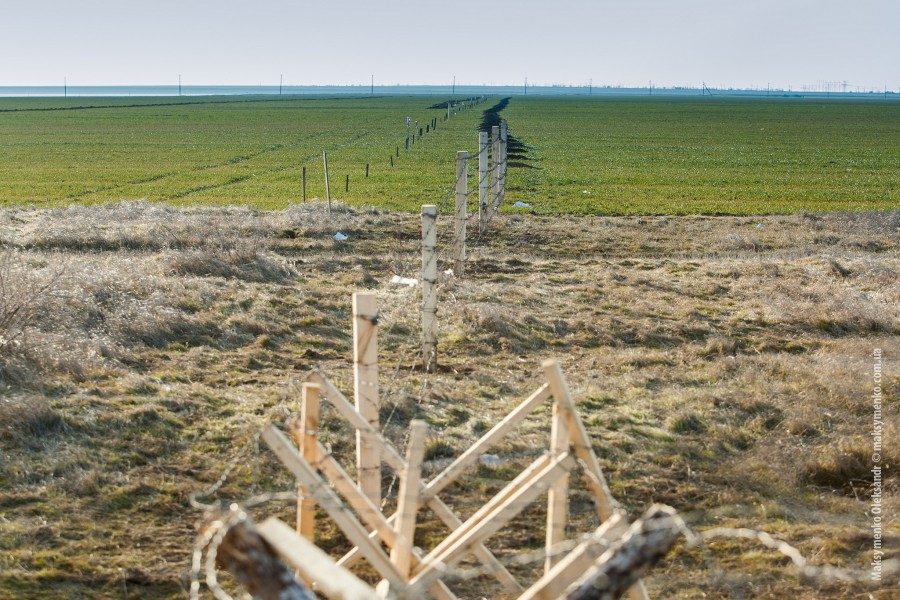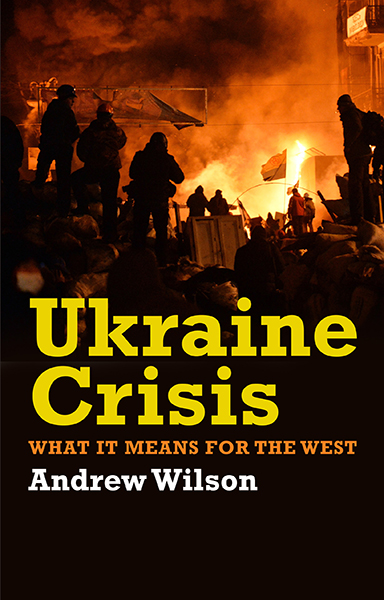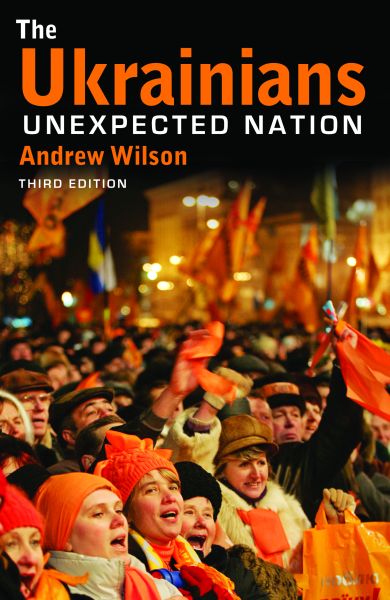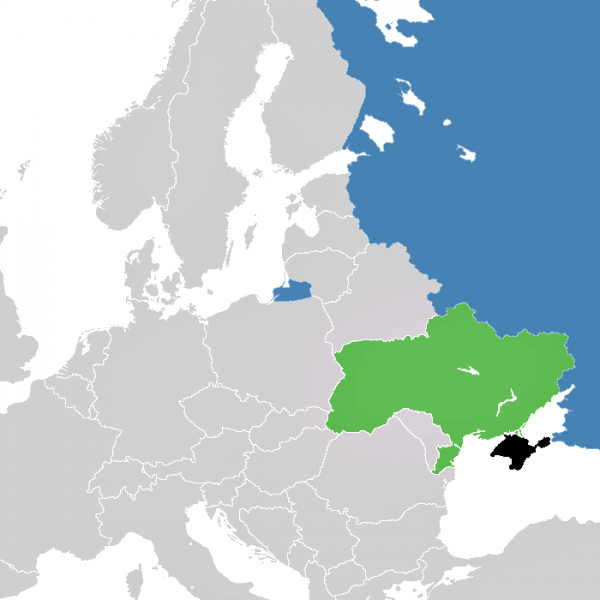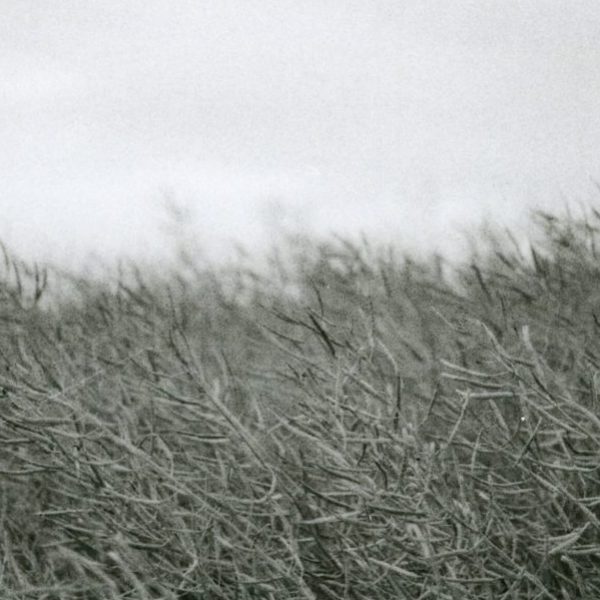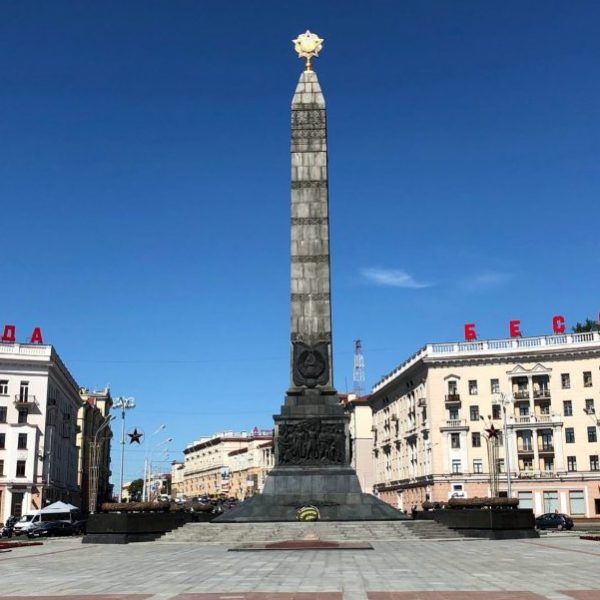Whatever Happened in Ukraine?
Andrew Wilson—
America voted in its mid-terms yesterday. Meanwhile, far-off Ukraine has held no less than two elections in a week, one in Ukraine as a whole and one in the rebel republics in east Ukraine. The latter wasn’t a real election, but the rival votes are crucial stages in the end-game that has been unfolding since a ‘cease-fire’ was signed on September 5. Contrary to some reports, Ukraine did not agree to such a humiliating “peace” because its army had been destroyed; but because Russia had confronted Kiev with double jeopardy. It had shown it could reinforce its proxy fighters with conventional armed forces at will, and it had also shown Kiev that the West would do almost nothing to stop them. So Kiev sued for peace.
But what has happened since then? First, nobody has ceased firing. Four hundred more have been killed since September 5. Not just because the combatants are trigger-happy, though that is certainly part of the picture. The rebels have made a series of land grabs to reinforce their would-be statelet, the current borders of which make no historical, strategic or economic sense. Communications and energy supplies have been targeted in particular. The Ukrainian side has fought to keep Donetsk airport. The terminal and runway are destroyed, but if Kiev’s forces can hold the airport, they can hold the western suburbs of the city as well. But tactical fire-fights will not change the basic picture. There are widespread fears that the Russian side will start the war again; either just because it can, or because it still only controls only half of the Donbas region, which in any case accounts for only two of the eight provinces in what Putin claims is “New Russia”.
Ukraine, meanwhile, held national elections on October 26. These were supposed to complete a reboot of the political system, after a new President, Petro Poroshenko, was elected in May to replace Viktor Yanukovych, who fled to Russia in March with reportedly at least $30 billion of his closest friends (in October Putin admitted Russia helped Yanukovych to escape). Despite the odds, the elections were a partial success. Turnout was low, at only 52%, but for the first time in Ukrainian history there will be a solid majority of pro-European parties in parliament. The forces that have governed since February were also re-elected. Other parties that did well were even more radically pro-reform.
Despite Russian hopes for endless infighting after the elections, a new coalition was almost ready within a week. But a week later “elections” were also held in the rebel republics. The picture below shows one of Russia’s handpicked election “observers” denying there were any men with guns influencing the voting process while a man in fatigues stands right behind him.
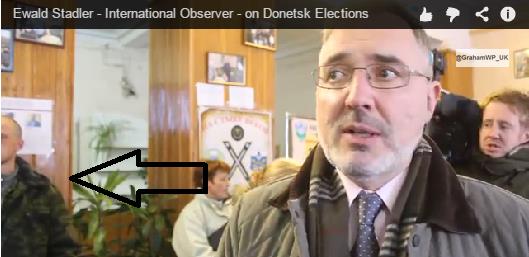
Screenshot from video via Graham Phillips / YouTube
The “elections” said nothing about real popular preferences in the region. No real political parties were allowed to stand, not even the Communists. All they did was confirm that Russia’s favored militias were still in charge.
So the stage is set for another confrontation between the rebel republics that Russia claims have now been legitimized and a Ukrainian government in Kiev that may get its act together surprisingly quickly—though actual sorting out a dysfunctional state and collapsing economy is a whole other ball game. The West, meanwhile, needs to deter the next round of Russian aggression more effectively than it did the first.
Andrew Wilson is senior policy fellow at the European Council on Foreign Relations and reader in Ukrainian Studies at the School of Slavonic and Eastern European Studies, University College London. He has published widely on the politics of Eastern Europe, and his book The Ukrainians is now in its third edition. His latest book is Ukraine Crisis.
Further Reading:

